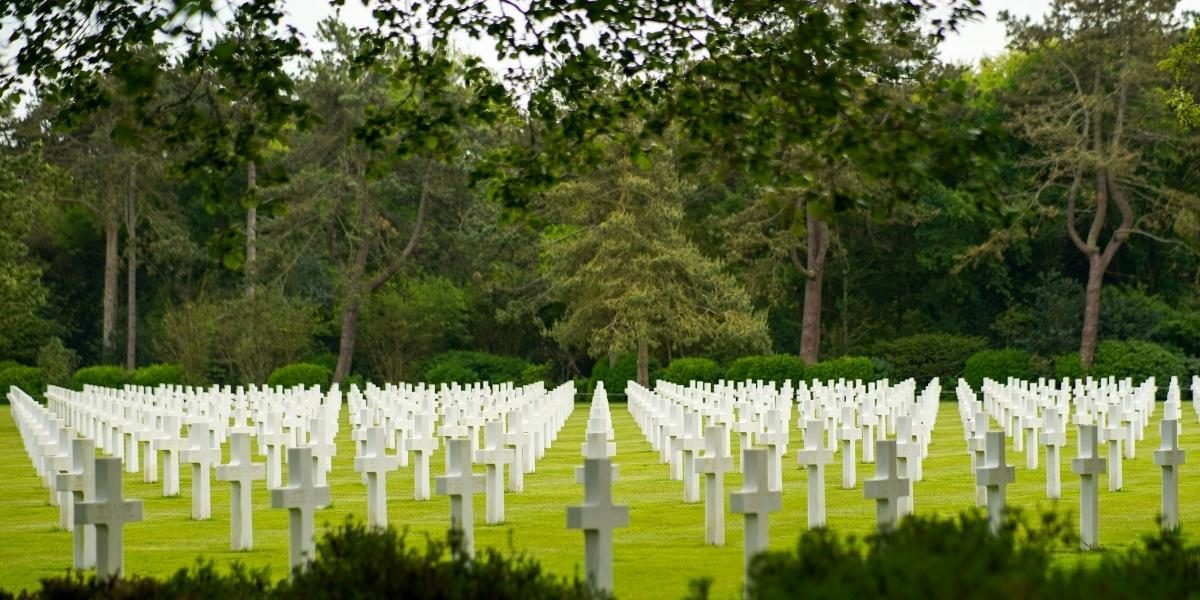Memorial Day holds a unique place in American culture as a day dedicated to honoring the men and women who sacrificed their lives in service to the country. It serves as a poignant reminder of the cost of freedom and the enduring spirit of patriotism. Over time, Memorial Day has evolved in its observance and meaning, reflecting changes in society and the nation’s relationship with its history and military. Understanding this holiday’s significance and how it is observed today offers insight into American values and collective memory.
Read Also: American Eagle: The Powerful Symbol of Freedom and Strength
What Is the Historical Origin of Memorial Day?
Memorial Day’s origins trace back to the aftermath of the Civil War, a conflict that left deep scars across the United States. Originally known as Decoration Day, it began as a way for communities to honor fallen soldiers by decorating their graves with flowers and flags. Various towns and states held their own commemorations, but it wasn’t until 1971 that Memorial Day became an official federal holiday.
Historians note that the holiday was established to remember those who died not just in the Civil War, but in all wars. The tradition of visiting cemeteries and placing flowers on graves symbolizes respect and gratitude for sacrifices made. The day serves as a somber reflection on the cost of conflict and the value of peace.
How Memorial Day Reflects American Patriotism and Unity
Memorial Day functions as a powerful expression of patriotism. It unites people from different backgrounds in honoring shared history and sacrifice. Parades, ceremonies, and moments of silence across the country reinforce national identity and collective memory.
Industry experts suggest that the rituals of Memorial Day, such as the playing of “Taps” and flag lowering, create a solemn atmosphere that encourages reflection. The day’s observance also extends beyond formal events to personal acts of remembrance, including visiting cemeteries and sharing stories of loved ones who served.
While the holiday fosters unity, it also acknowledges the complexity of war and its consequences. Memorial Day invites Americans to appreciate the freedoms they enjoy while recognizing the human cost behind them.
How Observance of Memorial Day Has Evolved Over Time
The way Americans observe Memorial Day has shifted over the decades. Initially focused on honoring the dead through grave decoration, the holiday has expanded to include various forms of remembrance and celebration. Today, Memorial Day often marks the unofficial start of summer, with barbecues, family gatherings, and recreational activities becoming common.
This dual nature of solemn remembrance and festive celebration reflects broader cultural trends. Sociologists note that while some see the holiday as primarily a day to honor sacrifice, others view it as a time to relax and enjoy community.
Military and veterans’ organizations continue to emphasize the importance of remembrance, advocating for ceremonies and education to maintain the day’s original meaning. Efforts to raise awareness about the holiday’s significance help balance public perception between honoring sacrifice and enjoying leisure.
The Role of Memorial Day in Contemporary American Society
In contemporary society, Memorial Day serves multiple roles. It is both a time for national mourning and personal reflection. The holiday encourages dialogue about military service, patriotism, and the ongoing impact of war on veterans and their families.
Educational institutions often use Memorial Day as an opportunity to teach history and civic responsibility. Museums, monuments, and memorials play crucial roles in preserving the memory of those who served.
The media also shapes public understanding of Memorial Day, highlighting stories of sacrifice and heroism. Coverage tends to focus on honoring veterans and raising awareness about the challenges faced by military families.
How Communities and Families Keep Memorial Day Traditions Alive
Across the country, communities and families observe Memorial Day with traditions that keep the holiday’s spirit alive. Local ceremonies, flag-placing events, and moments of silence are common. Many communities organize parades featuring veterans, military bands, and civic groups.
Families often gather to remember relatives who served, sharing stories and visiting cemeteries. These personal acts of remembrance help connect younger generations to the legacy of service and sacrifice.
Organizations such as the American Legion and Veterans of Foreign Wars actively promote educational programs and memorial events. Their efforts ensure that Memorial Day remains a day of honor and reflection rather than only a holiday for leisure.
Read Also: American Values: Exploring the Core of National Identity
The Continuing Importance of Memorial Day in Honoring Sacrifice
Memorial Day’s enduring significance lies in its role as a reminder of sacrifice and a symbol of national gratitude. In a world where the realities of war can feel distant, the holiday brings attention back to those who gave their lives for freedom.
The evolving observance of Memorial Day reflects changes in society but also reinforces a core commitment to honoring those who serve. It serves as a bridge between past and present, linking generations through shared respect.
Experts argue that maintaining the balance between celebration and remembrance is essential. Memorial Day remains a powerful occasion to reflect on the cost of liberty and the courage of those who defend it.






